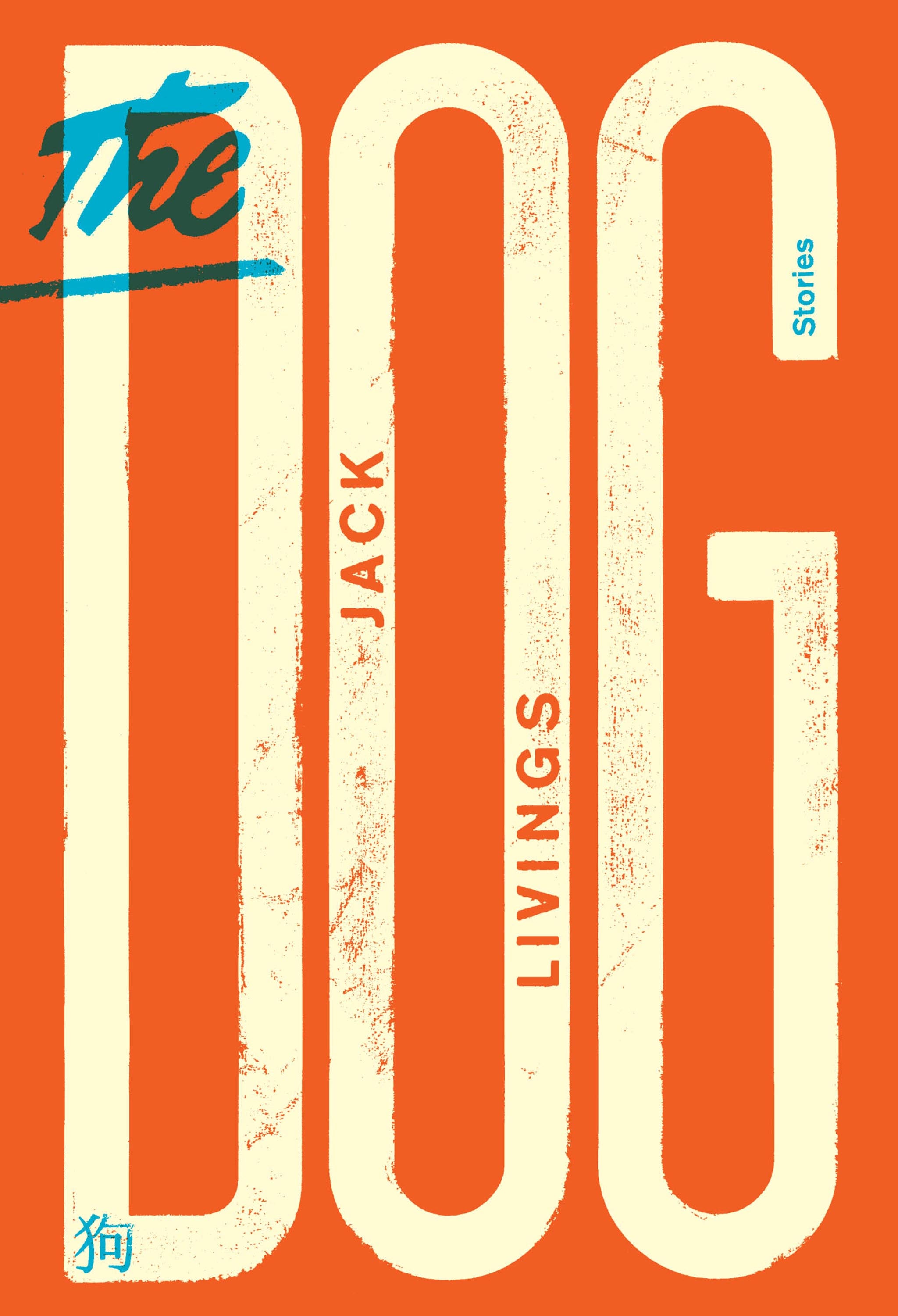The Dog by Jack Livings, book review: Short stories that expertly convey a changing China
The Dog gives body to characters who might otherwise merely flit along at the margins of an outsider’s consciousness

Your support helps us to tell the story
From reproductive rights to climate change to Big Tech, The Independent is on the ground when the story is developing. Whether it's investigating the financials of Elon Musk's pro-Trump PAC or producing our latest documentary, 'The A Word', which shines a light on the American women fighting for reproductive rights, we know how important it is to parse out the facts from the messaging.
At such a critical moment in US history, we need reporters on the ground. Your donation allows us to keep sending journalists to speak to both sides of the story.
The Independent is trusted by Americans across the entire political spectrum. And unlike many other quality news outlets, we choose not to lock Americans out of our reporting and analysis with paywalls. We believe quality journalism should be available to everyone, paid for by those who can afford it.
Your support makes all the difference.Jack Livings’s magnificent debut collection of short stories, The Dog, all set in contemporary, or near-contemporary China, satisfies that basic readerly urge, pitched somewhere between escapism and anthropological curiosity, to be transported. Livings, an American who both taught and studied in China, has written a series of stories which in their range and sympathetic detail present a convincing portrait of a country the West all too often treats as homogenous, and inscrutable with it.
From gangsters in Beijing’s minority Muslim Uyghur community, to the precarious existence of farmers in the rural north-west, his stories also register the sense of a changing society. The incandescent central story, The Crystal Sarcophagus, depicts glassworkers struggling to construct a tomb for Chairman Mao. It must be “eternal, cast in crystal, worthy of the founder of modern China”; it must also be completed in a near impossible 10 months. By the next story, An Event at Horizon Trading Company, this loyalty to a nationalist ideal, tested in an actual furnace, is parodied by contemporary city traders who sport revolutionary uniforms and rattle off Maoist saws in sly protest at the traditional Hanfu costumes worn by their colleagues.
Of course, it’s asking a lot for a collection of stories to give an authoritative survey of a population of more than one billion, and whether it’s an authentic account, I couldn’t say. If these stories, which skip between characters and tones with such fleet assurance, are united by any theme, it is that of individuals resisting, however unsuccessfully, arbitrary and impersonal forces or the ubiquitous officers from the Public Security Bureau. In the title story a young woman, Li Yan, not only stands up to the social order by confronting her husband’s family over the fate of a racing dog, but also, in a moment of rather wonderful arbitrariness of her own, her husband when he attempts to take her side.
In The Pocketbook, an American student is stalked by a pickpocket, described as a “shadow of a boy who existed between pauses in conversation, clinging to the underside of memory like a fly”, a phrase that alternately confirms and denies his existence, just as he might slip through crowds, in and out of sight. The Dog gives body to characters who might otherwise merely flit along at the margins of an outsider’s consciousness; even if they do often end up swatted like flies by powerful governments and unkind fates.
Order for £8.54 (free p&p) from the Independent Bookshop: 08430 600 030
Join our commenting forum
Join thought-provoking conversations, follow other Independent readers and see their replies
Comments